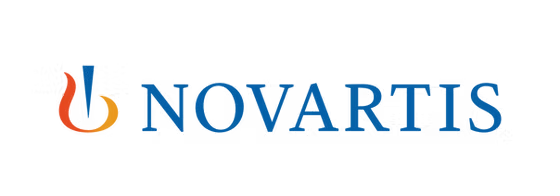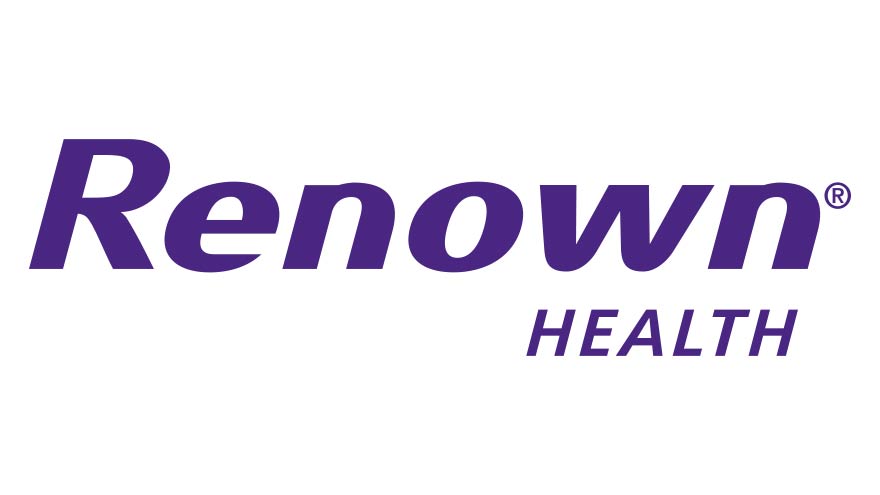
06 Aug 2022
Companies have long used virtual interviews to evaluate candidates who live in another city or country, or when an in-person interview is not possible or convenient. It has several advantages, including lower costs, improved diversity pools, no travel time, and more. In contrast, the global pandemic has pushed for larger-scale digitization of the interview process.
Candidates are attempting to assess the working conditions at the office without actually going there, and isn’t that something that is required in this era of innovation? Recruiters are scrambling to change the interview process to be more analytical through the screen, and applicants are intending to properly evaluate the workplace practices just by that.
As a result, virtual interviews put applicants in a position where they can ask more follow-up questions than usual to get a better understanding of how they’ll function and communicate in the workplace. Who they must collaborate with, how and when they are expected to work, and who their direct subordinate is.
These questions below will, in most circumstances, help you learn more about yourself as a job candidate and give you a feel of what employers are looking for – information that will prove invaluable when it’s time to make a move. Such inquiries can be divided into two categories, as shown below:
ABOUT THE ORGANIZATION
When you start working for an organization, it’s critical to determine whether the company’s vision and dynamics align with your working style and objectives. You can learn more by asking questions such as:
- What is the best way of defining your corporate culture?
- What are the company’s core values?
- How does your organization contribute to the betterment of society?
Knowing where the organization sees itself in the future and how it aims to achieve those goals is also crucial. It will assist you in determining whether you are a good fit for the company’s wider vision.
Questions like the ones below can help you learn more about this:
- What are the company’s objectives over the next five years?
- Which of the company’s goals over the preceding five years has been met?
- What are the company’s major challenges, and how does it aim to overcome them?
- How often does the company consider taking risks?
You can also look up the most recent news about the company and the industry in which it operates. Recruiters will understand that you are up to date on current events if you ask inquiries about them. It will demonstrate your awareness and enthusiasm in the field.
- How does the organization propose to expand its market share?
- How is the company dealing with the market’s recent ups and downs?
- What led to the CEO’s most recent big decision?
- Does the organization intend to expand Globally?
Another key topic to discuss is the company’s position on DE&I, or Diversity, Equity, and Inclusion. A corporation that adheres to archaic, unjust norms is not one you want to be affiliated with, especially in today’s world.
Ask your recruiters questions like, “What are the company’s DE&I policies?”
- How does it deal with workplace DE&I concerns and conflicts?
- Is DE&I training provided to its employees? If so, how often do you do it?
While asking questions about the firm as a whole can help you figure out if you’ll fit in, asking questions about the position you’ll be filling can help you figure out where you fit in.
You can inquire about such things as:
- What does a typical day in the life of an employee in this role entail?
- How does someone in this position contribute to the company’s overarching goals?
- What skills do you believe are the most important for someone to have in order to be a good match for this position?
You must also be certain that this position will provide you with room and opportunity for personal growth and development. The ideal questions to ask about how the organization can help you grow your career are:
- What are the potential career advancement avenues that can be explored from this position?
- What options does the business offer in this regard?
- What must an individual accomplish in order to advance in their career?
- Would you consider providing additional skill training to help employees progress their careers?
You must gain a deeper understanding of how management works in the organization in order to properly fit in with the company and especially the workplace. It will assist you in determining whether your working style is compatible with the company’s workplace dynamics. Questions like the ones below can help you make sense of it:
- What is your company’s/normal workplace management style?
- What is the workplace’s managerial hierarchy, and how does my role fit into it?
- What criteria are used to evaluate employees?
- Do you address concerns with the working environment if they arise and if yes, how quickly do you do so?
You should also be aware of the company’s workforce management practices. It’s extremely vital to understand how the organization manages financial crises in terms of staff retention. The following questions may assist you in making sense of it:
- Is your company’s workers, particularly your position, normally work-from-home, work-in-office, or use a hybrid system?
- What resources does the company make available to employees in order for them to execute their jobs?
- How flexible are the working hours for the employee in the organization’s employment role?
- What is the company’s policy in the event of a downturn or crisis in the economy? Is it going to reduce the workforce to a skeleton crew, impose salary cuts, or something else entirely?
CONCLUSION
Candidates are welcome to ask any other questions they may have, and the questions listed above are only examples or suggestions of what they can ask the organization. Inquiries such as when they expect to fill the position, how else can the candidate persuade the recruiters of their suitability, and whether they can follow up if any additional questions should be asked by a candidate, especially if they are applying to many organizations.
They may also inquire about the number of leaves they are permitted to take and the length of their probationary time with the organization. Candidates who are active during the interview are preferred by recruiters, and being engaged throughout the interview boosts your chances of being chosen.











Comments (0)